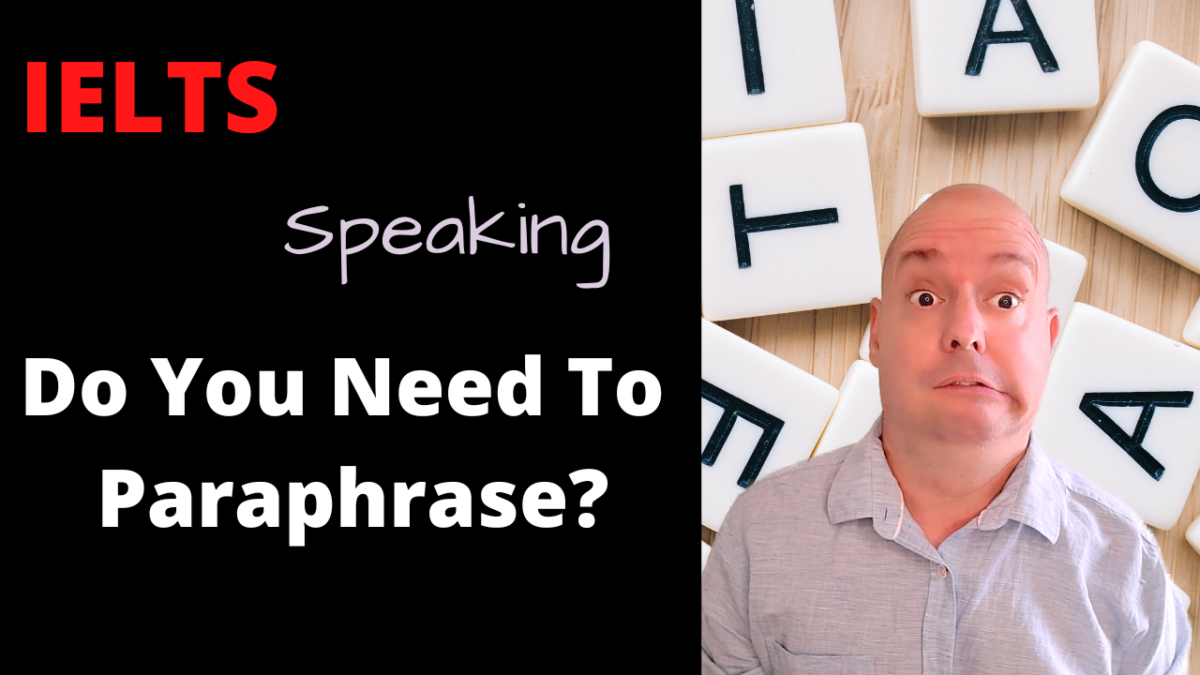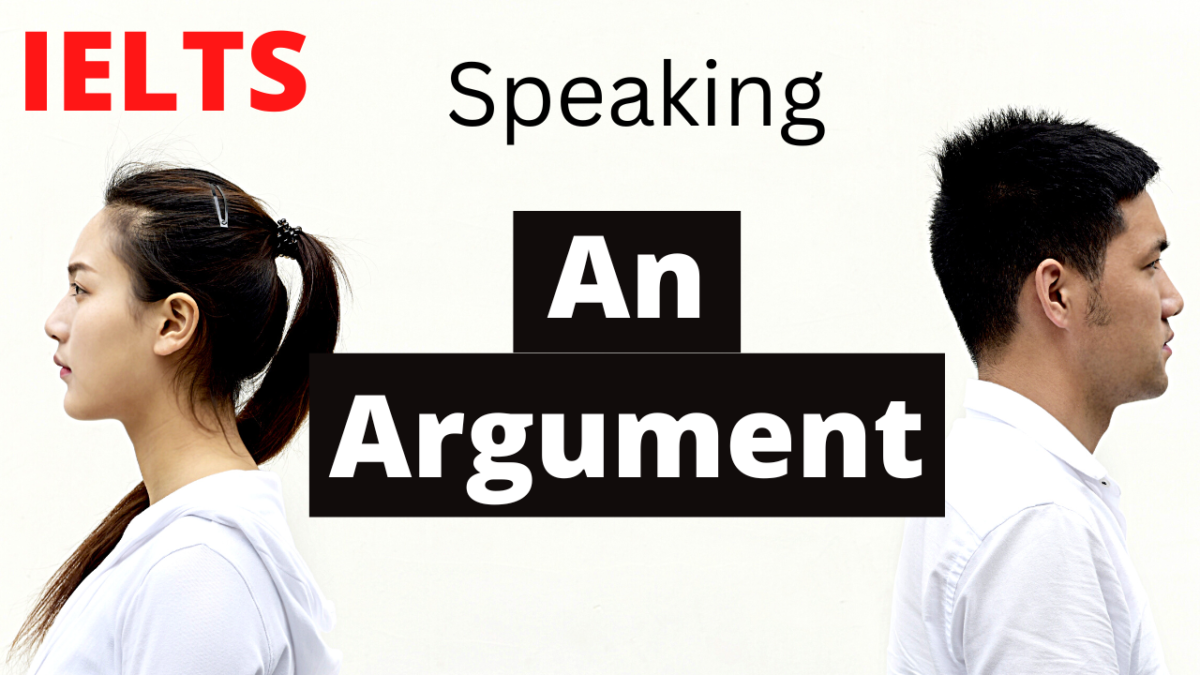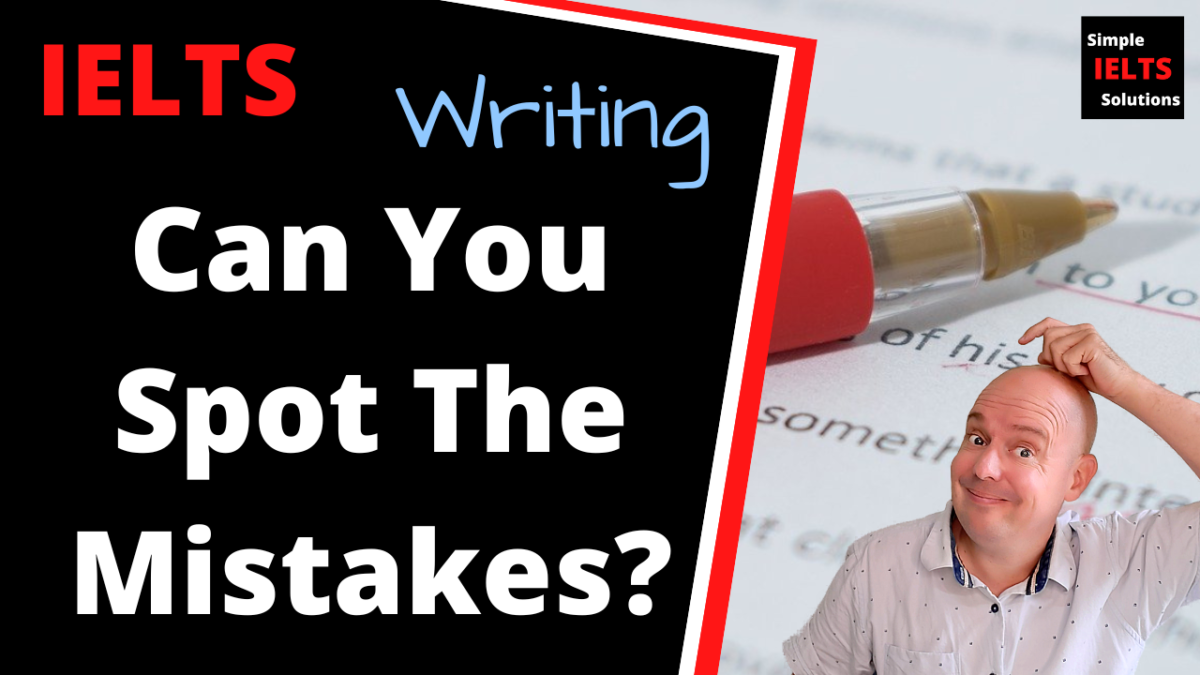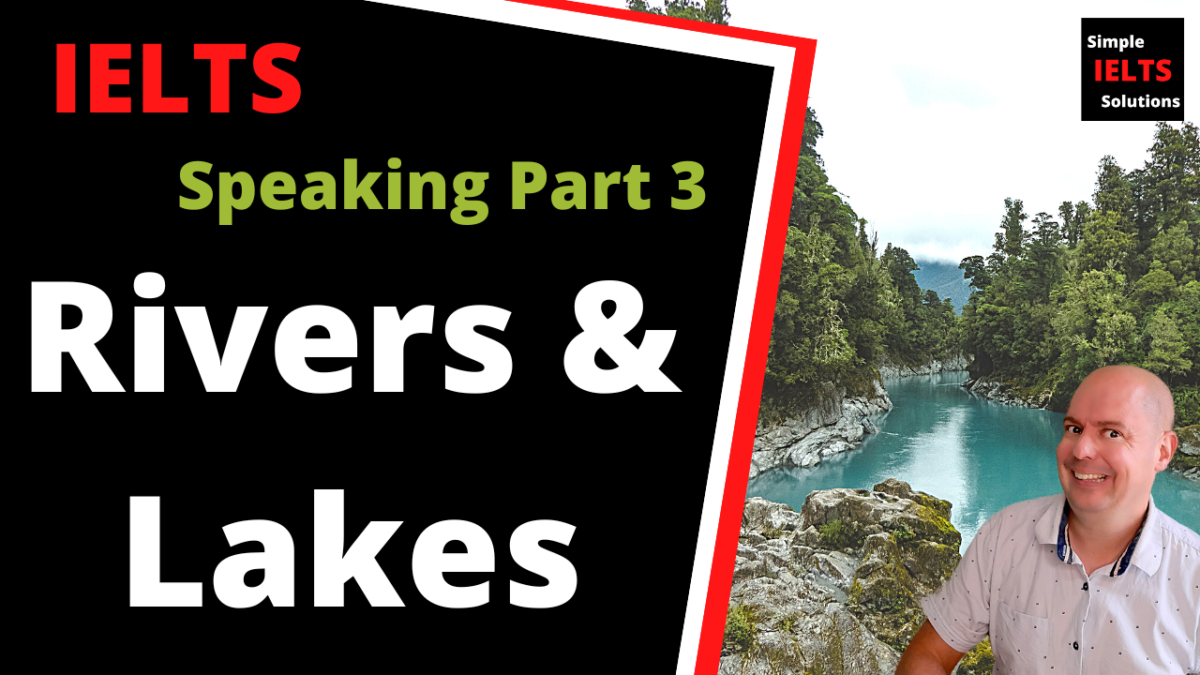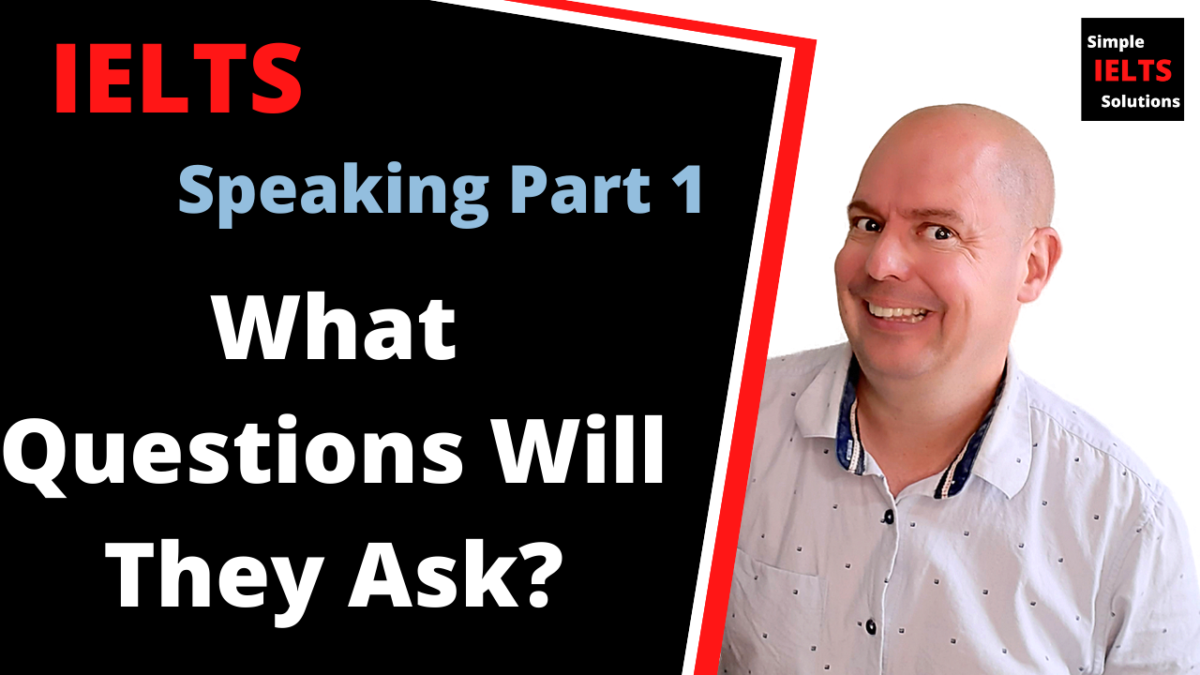This post is talking about paraphrasing and if you need to paraphrase the question in the IELTS speaking test. Some things you read or videos that you see will tell you that you definitely have to paraphrase the question.
It is mentioned in the IELTS speaking Band Descriptors (under Lexical Resource) after all.
So you need to paraphrase every question right? Well, the answer to that is yes and no.
It doesn’t say in the Band Descriptors what you need to paraphrase, it just mentions that you show that you can do it.
Why do teachers ask you to paraphrase the question?
The reason that IELTS tutors and teachers ask you to paraphrase is that they want you to show that you can use other language and vocabulary.
Let us take a common IELTS speaking part 1 question.
Do you like to cook?
Often, students will answer this with a sentence like, ‘I like to cook but I am very bad at it.’
This answer is ok, but it could be much better. If the student showed more vocabulary rather than repeating the vocabulary from the question, it would be much better.
Maybe something like this: ‘I’m quite fond of cooking but to be honest, I am absolutely terrible at it.’
In this short sentence I have changed a lot of the vocabulary and added some adjectives and adverbs.
Instead of saying ‘I like,’ I used the phrasal verb ‘fond of.’
Also, to replace the verb ‘to cook,’ I have used the gerrund ‘cooking.’
I have also added some collocations, adjectives and adverbs.
By changing some of the vocabulary when giving the answer, we can give a much more interesting answer that will impress the examiner. This will allow them to give you a good score for lexical resource when awarding you a mark.
This is why teachers will often ask you to paraphrase the language in the question when giving your answer. Just to allow you to show the examiner how good and varied your language is.
So, next time you are answering IELTS speaking part one questions, make sure that you change at least some of the words from the question. That way you will keep the answer interesting and hopefully impress the examiner too.
In the next post I will talk more about how you can paraphrase in your answer. What language can you paraphrase easily and what it is more difficult to change.
For more information about the IELTS speaking test click here.

